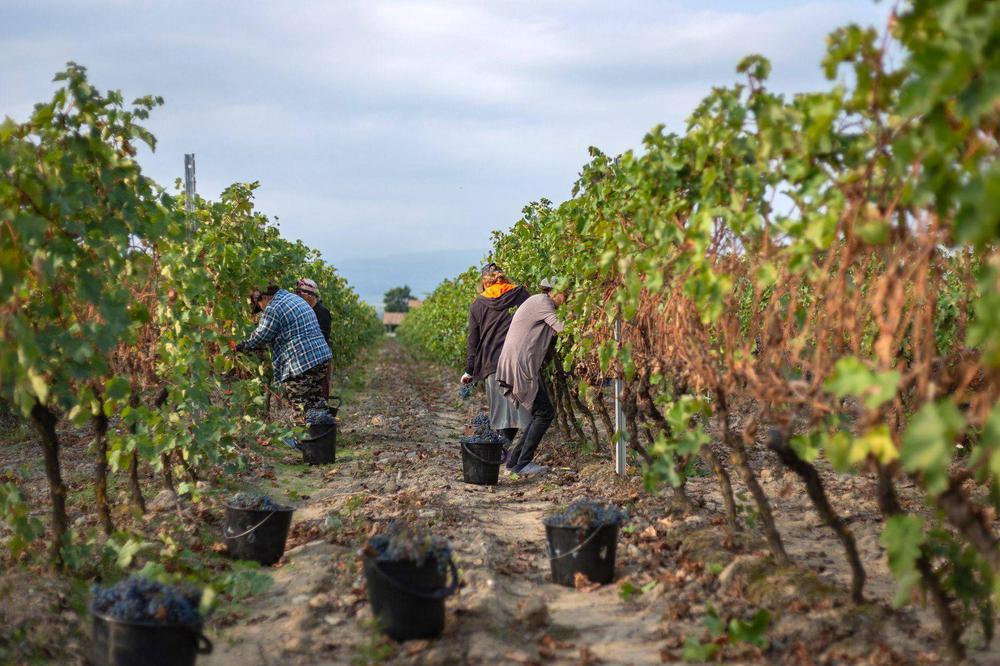In the verdant landscapes of Georgia, where winemaking is intertwined with cultural identity, vineyard care challenges are met with resilience and innovation. Though minor in scale, these challenges provide opportunities for growth and improvement in a country celebrated for its ancient winemaking traditions. This article sheds light on these issues, showcasing the strength and adaptability of Georgian viticulture.
Technological Integration in Traditional Vineyard Care
Georgian vineyards, steeped in history, are gradually integrating modern technology into their traditional practices. While small-sized entrepreneurs predominantly lead this shift, a growing awareness and adoption of advanced viticultural knowledge are becoming evident. Specialized training programs and sector-specific information are increasingly accessible, enhancing the quality and efficiency of vineyard care. This evolution marks a significant stride towards blending tradition with modernity in Georgian winemaking.
Labor Dynamics: Enhancing Workforce Efficiency
Georgia’s viticulture sector is innovatively addressing its workforce needs, especially during the busy harvest season. By offering competitive wages and fostering a collaborative environment, vineyards are attracting the necessary skilled labor. The diverse requirements for different grape varieties also inspire a more coordinated and strategic approach to vineyard management, enhancing overall productivity.
Proactive Risk Management and Improved Record-Keeping
Awareness of environmental risks is on the rise among Georgian viticulturists. With increasing uptake of agro-insurance and state-supported risk assessments, vineyards are better prepared for natural challenges. Concurrently, improved record-keeping practices are being adopted, allowing viticulturists to analyze and refine their methods yearly, thereby consistently enhancing wine quality.
Bio Wine Production: Strengthening Supply Chain Integrity
In the realm of bio wine production, Georgian winemakers are strengthening supply chain integrity. By establishing robust communication channels with grape suppliers and ensuring compliance with certification standards, bio wine production in Georgia is becoming more reliable and sustainable, reflecting the industry's commitment to quality.
Innovations in Qvevri Manufacturing
The traditional Qvevri, essential in Georgian winemaking, is witnessing a renaissance in quality improvement. Artisans in villages like Tkemlovana are perfecting the firing processes, overcoming previous challenges and ensuring that these clay vessels meet the highest standards, thereby preserving and enhancing the unique character of Georgian wines.
Navigating Financial Access and Standardization
Georgian wineries are progressively navigating the realms of financial accessibility and international standardization. With tailored assistance and educational resources, winemakers are becoming more adept at securing financial support and adapting to global production standards, such as HACCP, aligning traditional practices with modern quality requirements.
Conclusion
Georgia’s vineyard care challenges, though minor, are catalysts for innovation and growth in its winemaking sector. The industry's response to these issues reflects a deep-seated resilience and a forward-looking approach, ensuring the continued prominence and evolution of Georgian wine on the global stage.

 The Emergence of Georgian Organic Wine
The Emergence of Georgian Organic Wine
 Rtveli, the Traditional Grape Harvest
Rtveli, the Traditional Grape Harvest




